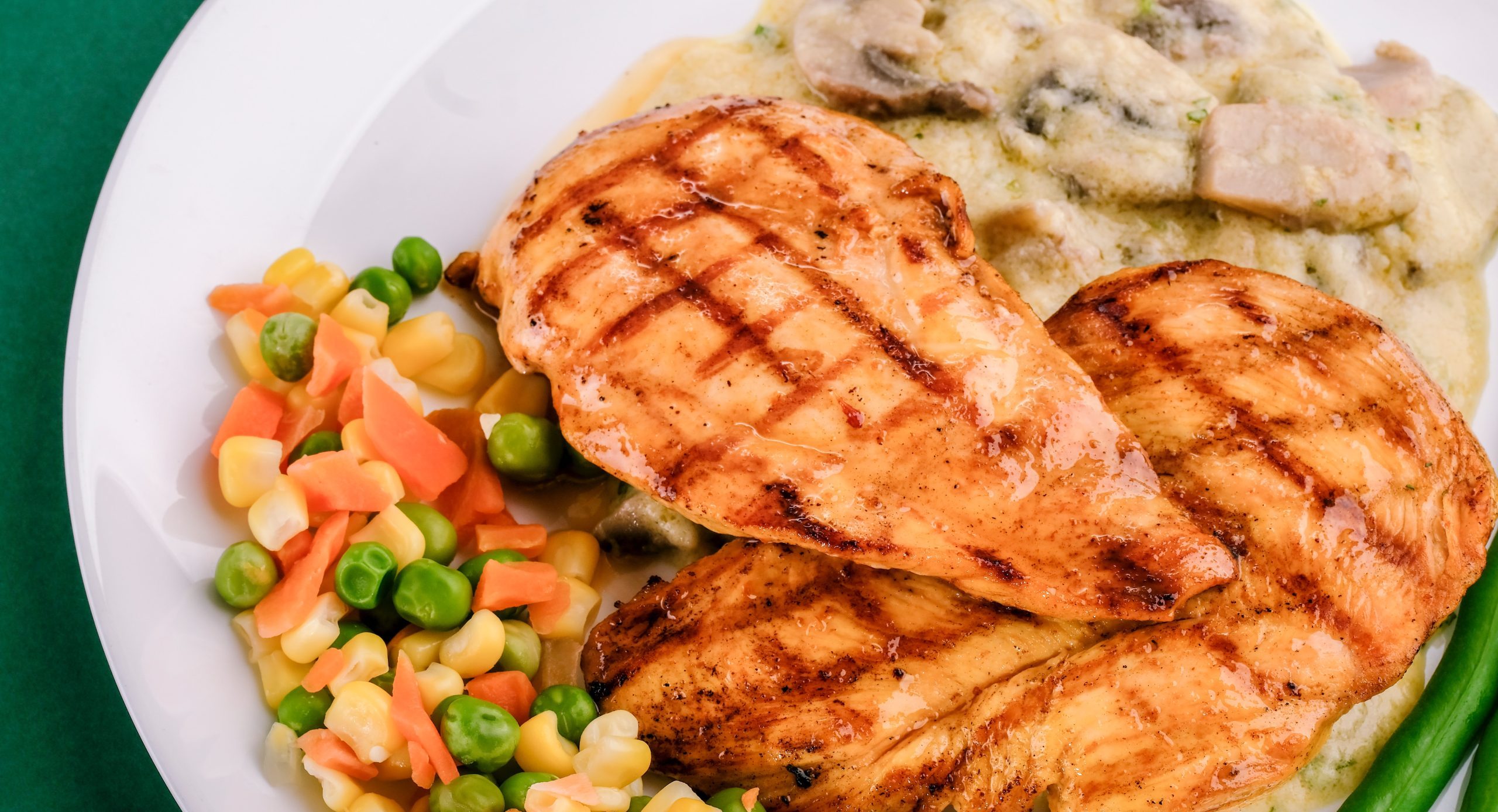By incorporating nutrient-dense, protein-rich foods in your Suhoor, you’ll be better equipped to maintain your fast and make the most of your spiritual journey during Ramadan.
Suhoor, the early morning meal before the break of dawn, plays a crucial role in providing the necessary energy and nutrients for fasting Muslims to help them throughout the day.
However, many people struggle to decide what to eat for suhoor, often defaulting to carb-based meals as an easy solution.
This can lead to energy crashes and increased hunger during the fasting hours.
This article explores the benefits of a high-protein, low-carb suhoor and why it’s a better alternative to carb-heavy meals, ensuring a more comfortable and sustainable fasting experience during Ramadan.
The science of it all
Consuming a high-protein, low-carb meal during suhoor is an effective strategy for maintaining energy levels throughout the day.
Protein is a macronutrient that takes longer to digest than carbohydrates, providing a slow and steady release of energy. This helps prevent energy crashes that can result from consuming high-carb meals, which cause rapid spikes in blood sugar followed by a sudden drop.
A high-protein suhoor can also help curb hunger and manage cravings during fasting hours.
Protein has a higher satiety value compared to carbohydrates, meaning it helps you feel fuller for longer. As a result, you’re less likely to experience pangs of hunger or the urge to snack during the day, making it easier to adhere to the fast.
Sufficient protein intake is essential for preserving lean muscle mass, especially during fasting.
When fasting, the body tends to break down muscle tissue for energy in the absence of sufficient carbohydrates. By consuming a high-protein meal at suhoor, you provide your body with the necessary amino acids to maintain and repair muscle tissue, preventing muscle loss during the fasting period.
Despite fasting, many people end up gaining weight during the holy month. A high-protein, low-carb suhoor can contribute to better weight management during Ramadan.
Protein is known to boost metabolism, which helps the body burn calories more efficiently. Additionally, since protein promotes satiety and reduces hunger, you’re less likely to overeat during iftar, the meal that breaks the fast at sunset.
What foods should you incorporate?
When planning your suhoor, focus on incorporating protein-rich foods such as eggs, lean meats, fish, dairy products, legumes and nuts.
To keep your carbohydrate intake low, opt for whole-grain options like quinoa, barley, or whole wheat bread, which are more filling and have a lower glycemic index compared to refined carbohydrates.
Including healthy fats such as avocados, olive oil, and nuts will also further enhance satiety and provide additional nutrients.
Finally, don’t forget to add plenty of vegetables and fruits in your meal, for your body’s fair share of essential vitamins, minerals and fibre.







